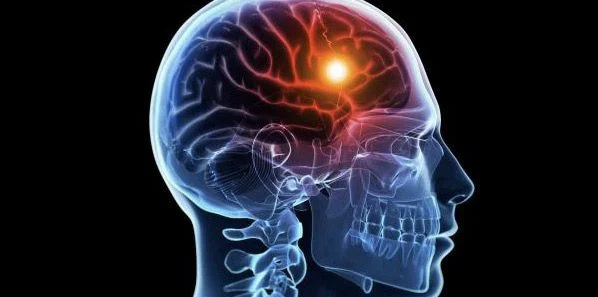Correcting an abnormal cardiac rhythm from atrial fibrillation (AF) should be done urgently, according to recent findings which observed that delaying such action could lead to increased risk of thromboembolic complications.
A study, seen in the August 13 issue of the Journal of the American Medical Association (JAMA), noted that a 12-hour delay or longer in normalising irregular heartbeat due to AF was associated with a higher risk of thromboembolic complications such as stroke.
In 1995, practice guidelines recommended a limit of 48 hours after the onset of atrial fibrillation for performing cardioversion (ie, the conversion of a heart rhythm from abnormal to normal) without anticoagulation. It was unclear, however, whether the risk of thromboembolic complications is heightened when cardioversion without anticoagulation is done in less than 48 hours.
The study, conducted by Ilpo Nuotio, MD, PhD, of Turku University Hospital in Turku, Finland and colleagues, involved patients who underwent cardioversion in the emergency unit within the first 48 hours of AF. The primary outcome (ie, thromboembolic event), was described as a clinical stroke or systemic embolism (blood clot) occurring within 30 days after cardioversion.
Participants in the study were divided into three groups according to the time to cardioversion: Group 1 (less than 12 hours), Group 2 (12 hours to less than 24 hours) and Group 3 (24 hours to less than 48 hours). Among 2,481 patients with acute AF, a total of 5,116 cardioversions were performed without anticoagulation. The findings include:
Based on their analysis, the researchers concluded that time to cardioversion exceeding 12 hours was an "independent predictor" for thromboembolic complications.
Source: The JAMA Network (http://jama.jamanetwork.com/article.aspx?doi=10.1001/jama.2014.3824)
Image credit: Google Images
A study, seen in the August 13 issue of the Journal of the American Medical Association (JAMA), noted that a 12-hour delay or longer in normalising irregular heartbeat due to AF was associated with a higher risk of thromboembolic complications such as stroke.
In 1995, practice guidelines recommended a limit of 48 hours after the onset of atrial fibrillation for performing cardioversion (ie, the conversion of a heart rhythm from abnormal to normal) without anticoagulation. It was unclear, however, whether the risk of thromboembolic complications is heightened when cardioversion without anticoagulation is done in less than 48 hours.
The study, conducted by Ilpo Nuotio, MD, PhD, of Turku University Hospital in Turku, Finland and colleagues, involved patients who underwent cardioversion in the emergency unit within the first 48 hours of AF. The primary outcome (ie, thromboembolic event), was described as a clinical stroke or systemic embolism (blood clot) occurring within 30 days after cardioversion.
Participants in the study were divided into three groups according to the time to cardioversion: Group 1 (less than 12 hours), Group 2 (12 hours to less than 24 hours) and Group 3 (24 hours to less than 48 hours). Among 2,481 patients with acute AF, a total of 5,116 cardioversions were performed without anticoagulation. The findings include:
- 38 thromboembolic events occurred in 38 patients (0.7 percent); 31 were strokes;
- the incidence of thromboembolic complications increased from 0.3 percent in Group 1 to 1.1 percent in Group 3.
Based on their analysis, the researchers concluded that time to cardioversion exceeding 12 hours was an "independent predictor" for thromboembolic complications.
Source: The JAMA Network (http://jama.jamanetwork.com/article.aspx?doi=10.1001/jama.2014.3824)
Image credit: Google Images
Latest Articles
atrial fibrillation, AF, cardioversion, cardiac rhythm
Correcting an abnormal cardiac rhythm from atrial fibrillation (AF) should be done urgently, according to recent findings which observed that delaying such...










